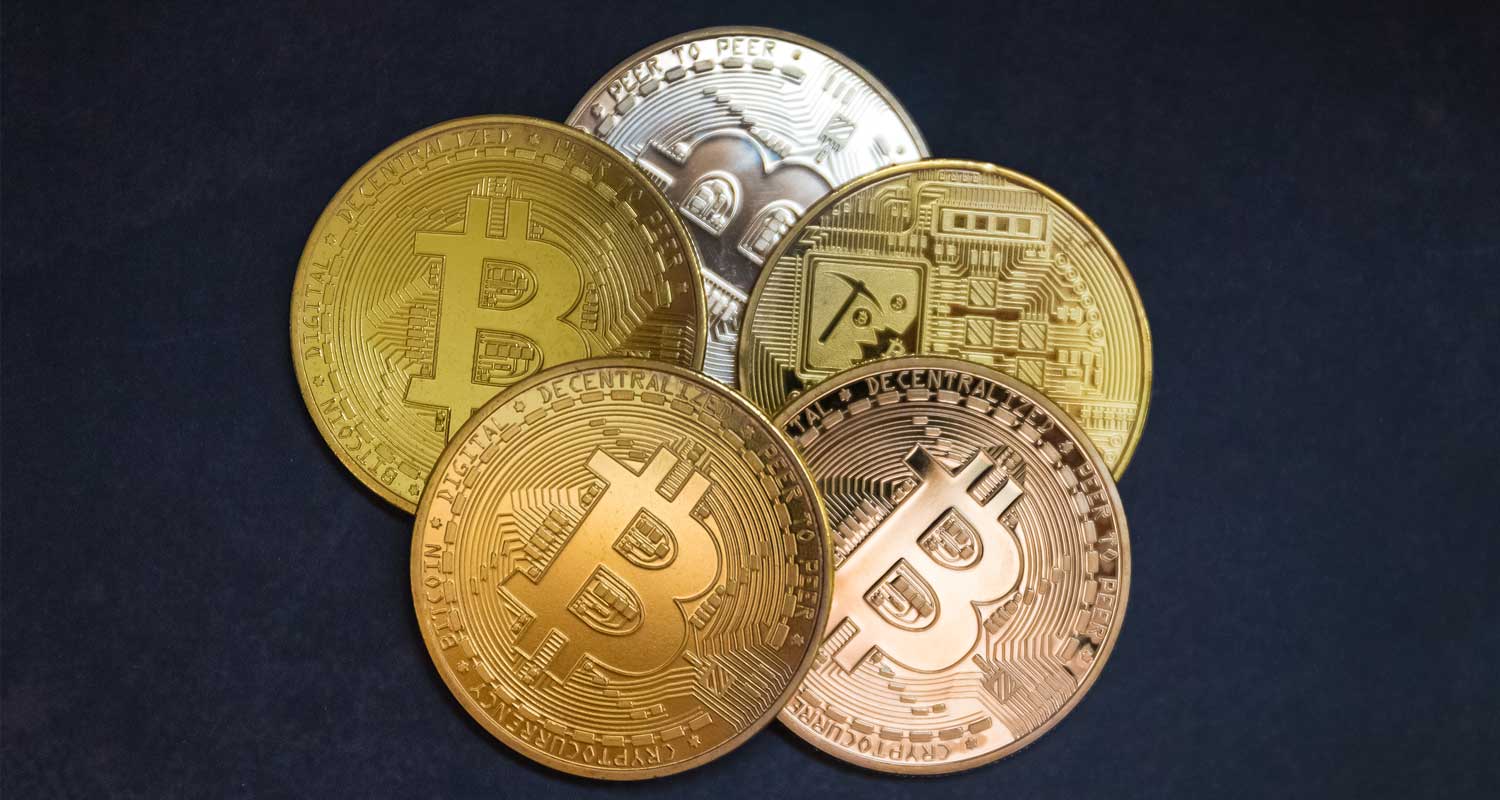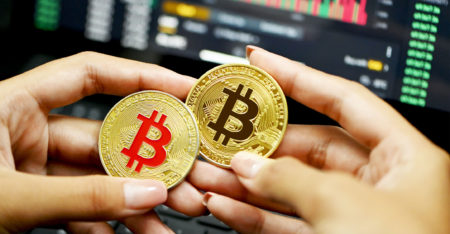 European Central Bank president Christine Lagarde said it’s improbable that any EU country will choose to add bitcoin to its monetary reserves.
European Central Bank president Christine Lagarde said it’s improbable that any EU country will choose to add bitcoin to its monetary reserves.
Responding to comments by her Czech counterpart, Aleš Michel, that his institution will look into the matter, she cast doubt on such prospects, saying the cryptocurrency doesn’t meet criteria required by policymakers either of the ECB or any other nation in the bloc.
“I’m confident” that “bitcoins will not enter the reserves of any of the central banks of the General Council” of the ECB, Lagarde told reporters in Frankfurt.
She spoke after a decision of officials to cut interest rates, and hinted that the matter not only came up in their meetings this week, but also sparked an exchange of views with Prague. The Czech Republic is in the EU, but not a member of the euro zone.
“I think there is a view around the table of the Governing Council, and most likely the General Council as well, that reserves have to be liquid, that reserves have to be secure, that they have to be safe, that they should not be plagued by the suspicion of money laundering or other criminal activities,” Lagarde said.
Michel told the Financial Times this week that the Czech National Bank’s board is expected to discuss a proposal to buy bitcoin, and that it could potentially represent 5% of its reserves. He subsequently posted on X that the matter is “only at the stage of analysis and discussion”, and on Thursday the Czech finance minister expressed “misgivings” on such a move.
Scepticism
“I had a good conversation with my colleague from the Czech Republic and I leave it to him to make whatever announcement he wants to make,” Lagarde said. “But I’m confident that he’s convinced — as we all are — of the necessity to have liquid, secure and safe reserves.”
Lagarde’s restatement of scepticism arrives at a moment of intensified scrutiny on bitcoin, which touched a record earlier this month as US President Donald Trump entered the White House. He has promised friendlier regulation and backed the idea of a strategic national reserve for the cryptocurrency.
Read: Bitcoin tops R2-million – doubling in 11 months
The possibility of including bitcoin for central bank reserves was also aired last month by former German finance minister Christian Lindner.
 However, two ECB staff officials, writing in the FAZ newspaper, described the prospect as “unconvincing”, and cited the asset’s volatility as a potential danger to credibility. Bundesbank chief Joachim Nagel, meanwhile, rejected bitcoin and its ilk as “digital tulips”.
However, two ECB staff officials, writing in the FAZ newspaper, described the prospect as “unconvincing”, and cited the asset’s volatility as a potential danger to credibility. Bundesbank chief Joachim Nagel, meanwhile, rejected bitcoin and its ilk as “digital tulips”.
“Reserve assets must be secure, liquid and transparent,” he told Platow Brief. “Bitcoin is none of these things.”
In neighbouring Switzerland, campaigners have started gathering signatures to force a national vote on whether the constitution should require Swiss National Bank to add it to its reserves, in the same way that it mandates gold holdings. Its president, Martin Schlegel, dismissed crypto assets in November as a “niche phenomenon”. — Mark Schroers and Craig Stirling, (c) 2025 Bloomberg LP
Get breaking news from TechCentral on WhatsApp. Sign up here.




